The grape and mango market faces weather complications, price fluctuations, and strict regulations. Competition between producing countries and quality requirements in Europe and the United States continue to mark its dynamics.
Lina Frutas, a Brazilian producer and exporter, sends 60-70% of its production to Europe. The company, which ships its products to the Netherlands, Germany, Spain, Portugal, and England, has seen significant changes in demand, competition, and logistical difficulties that impact its operations.
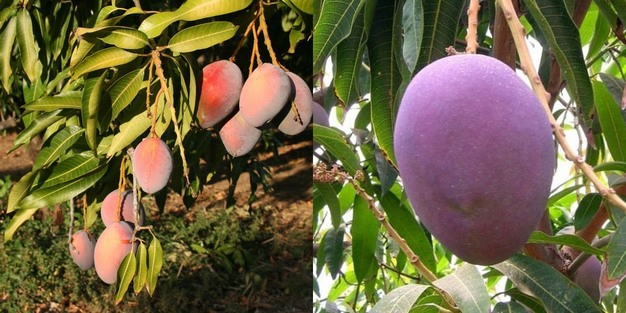 © Lina Frutas
© Lina Frutas
Lina Frutas exports 100% of its mango production to Europe, while the grapes face competition from producers in Peru and Chile. "Peru starting its season earlier or later directly impacts us," stated Michel Nasrallah and Priscila Nasrallah, representatives of Lina Frutas. Despite its strict quality and certification requirements, exporters prioritize shipping to the European market because of its stability.
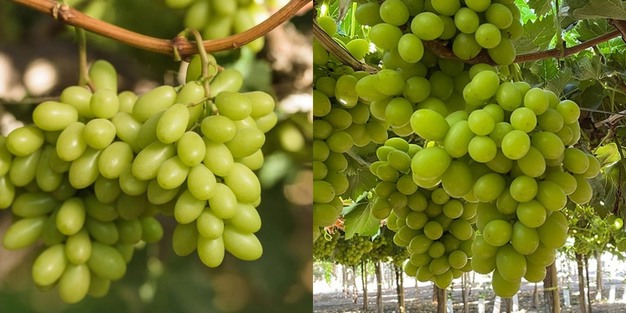 © Lina Frutas
© Lina Frutas
Grape and mango varieties play a fundamental role in the sector's competitiveness. "In grapes, the company exports varieties such as Vittoria (black seedless) and Iris (red seedless), as well as premium options such as Autumn Crisp, Timpson, and Sugar Crisp. In mango, the Tommy, Palmer, Keith, and Kent varieties predominate. However, the company has reduced Haden production in favor of Tommy. The diversification of supply responds to market trends and the preferences of buyers looking for quality products with a good post-harvest," they added.
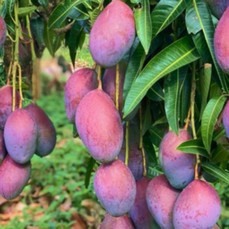 © Lina Frutas
© Lina Frutas
"Mango consumption is growing rapidly in the United States, making it one of the most demanded tropical fruits. However, phytosanitary regulations, such as hydrothermal treatment, limit Brazilian exports. In addition, USDA audits have restricted access for some producers due to the presence of fruit flies, which has led to an excess of supply in the domestic market and a drop in prices," they stated.
Market behavior has been volatile, with price variations depending on quality and supply. "In Brazil, domestic prices can be attractive at certain times, but exports are still more profitable. There are times when the domestic market pays better than the foreign market, but it is risky to depend on it, as prices can plummet in a few weeks," they stated. Oversupply, generated by restrictions on exports to the United States, has led to domestic prices as low as 0.10 euros per kilo of mango.
On the other hand, the demand for quality grapes continues to rise, especially in European premium supermarkets. "Certifications are increasingly valued, although consumers are not always willing to pay more for products with sustainability seals. The market demands we have more certifications, but the end consumer does not always pay the difference," they said.
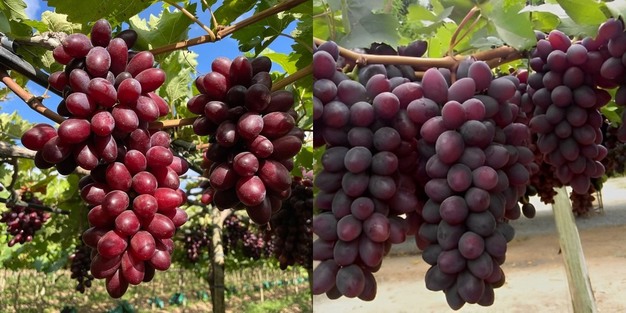 © Lina Frutas
© Lina Frutas
Weather conditions have severely affected production. In 2024, excessive rainfall in the first half of the year reduced grape production by 65%, impacting export volumes. "Normally, we have 500-600 mm of rain per year, but in a single month, we had more than 800-900 mm," they said. This increased the need for financial planning to ensure stability in the business.
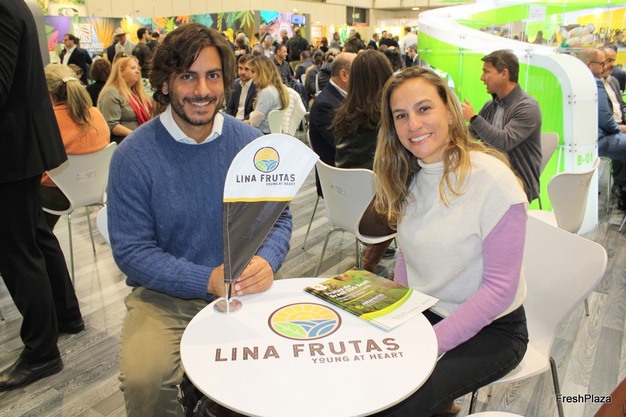 © Diana Sajami | FreshPlaza.com
© Diana Sajami | FreshPlaza.com
Regarding logistics, congestion at Brazilian ports and airports remains a problem. "At airports, there is no more space in warehouses, and perishable goods are left on the tarmac," they stressed. Delays and additional storage costs affect the competitiveness of Brazilian exporters.
"However, we are optimistic about the coming years. We know that weather conditions and difficulties are an inherent part of our activity. That's why we continue to grow and expand our cultivation areas every year," they concluded.
 For more information:
For more information:
Michel Nasrallah and Priscila Nasrallah
Lina Frutas
Tel: +55 11 98169 8080 / +55 11 98133 4146
Email: michel@linafrutas.com.br
Email: priscilla@linafrutas.com.br
www.linafrutas.com.br
